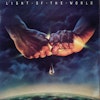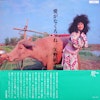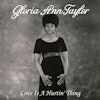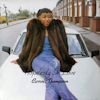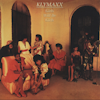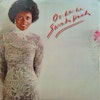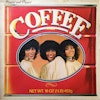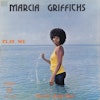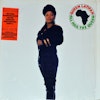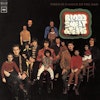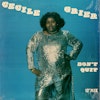The year of 1979 in the U.K. was known as the “Winter of Discontent.” The country experienced public-worker strikes, energy and food shortages causing thousands of schools to close, billions in cuts to public spending, a tanking economy, the beginnings of Thatcherism, and the Yorkshire Ripper was on a rampage.
Within the chaos, something magical was occurring in the underground London club scene. Brit funk emerged from the influence of new wave, jazz fusion, funk, and urban dance rhythms with pop hooks, and was significant in bridging racial divides, bringing Black and white musicians together, creating a homogeneous environment in music.
Guitarist Neville “Breeze” McKrieth met Kenny Wellington at one of the infamous Friday afternoon “soul sessions” at the Soho club Crackers and invited him to attend a rehearsal with a group of like-minded musicians. This led to the birth of Light of the World, who, alongside Hi-Tension, were forerunners of the Brit-funk movement. They were influenced by Kool and the Gang’s Light of Worlds album, a landmark in jazz-funk fusion. Over the next few years, Light of the World perfected a sound that honored their U.S. counterparts while injecting a British sensibility, including abstaining from singing with American accents.
By 1979, their self-titled debut was released on Ensign Records, with the first single “Swingin’,” which hit #45 on the U.K. R&B chart, and the bass-driven “Midnight Groovin’,” with its percussion and accented horns, both becoming club favorites. The equanimous “Dreams” featured a young Miki Howard and was a salute to Kool and the Gang. Light of the World’s sophomore album, Round Trip, produced by Augie Johnson of Side Effect, featured their most notable track, “London Town” (written by Howard and Johnson), a track that was later reworked by Japanese singer Yasuko Agawa as “L.A. Nights.”
A band of eight members predictably came with disputes, tragedies, and a rotation of members leaving and being replaced. Despite having a solid three-year run, the group disbanded, with members moving on to create derivative bands that were equally as important to the Brit-funk movement. Breeze, Kenny Wellington, and David Baptise formed Beggar & Co. and enjoyed Top 40 hits with “(Somebody) Help Me Out” and “Mule (Chant No. 2)” as well as being featured heavily on Spandau Ballet’s Diamond album, which included the top three single “Chant No. 1 (I Don’t Need This Pressure On).” Jean-Paul “Bluey” Maunick, Peter “Stepper” Hines, and Paul “Tubbs” Williams formed the world-renowned Incognito, and Gee Bello and Nat Augustin continued to sporadically tour as Light of the World, with different configurations of new members. As evidenced over the past forty years, Light of the World is impossible to dim, whether onstage or on their time-tested recordings, still shining to this day.
